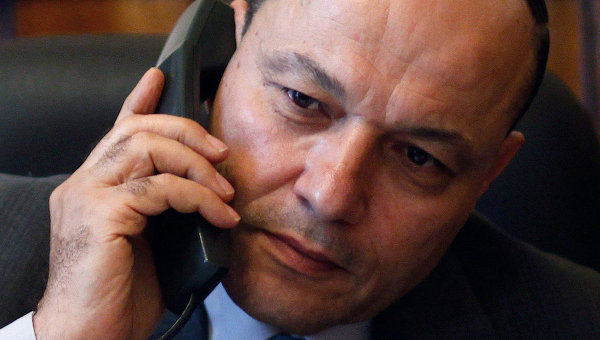I can say with a great deal of certainty that several years after the start of the Arab Spring, it has turned out to be a bitter winter. We would wake up every day as if nothing was around us except a dreadful nightmare. I call on you to look carefully at the economic conditions of the Arab Spring countries and think about the tragic scene before you. Sadly, the lower- and middle-class segments have been the most impacted. The stunning questions are: did the revolutions achieve their goals? Do we now have social justice as was expected? Do we now have more sound economic indicators than before? If you are not skilled in distortion, then the answer must be a big, fat “no”.
By way of example, the unemployment rate in Egypt is still high, standing at 12.7% here and at 15.3% in Tunisia. Besides this, direct production outputs, investment, and economic growth rates have fallen to unprecedented low levels.
Although the revolutions have brought about political changes in the Arab region, they did not lead to noticeable economic changes. So far, the revolutions have actually had a negative impact, causing slow growth to the extent of economic paralysis. Some economic sectors have been badly hit due to declining consumption and, at times, inadequate security and soaring levels of domestic and foreign debt—not to mention Egypt’s budget deficit and a rising inflation rate.
The cost of the revolution was too expensive on the economic front. Meanwhile, political reform that would promote economic development will not be apparent until far, far into the future due to the high prevalence of illiteracy, poverty, and factionalism in Egypt. The revolution cannot achieve its goals until the country has entrenched democracy, political stability, and established powerful state institutions.
Finally, those who support the outcomes of the revolutions must consider the cost of their options in order to pursue their dreams of change. These revolutions cannot achieve their objectives until the majority rally around the values of the revolution and give up pointless criticism.
Hany Aboul Fotouh is a banking expert.




